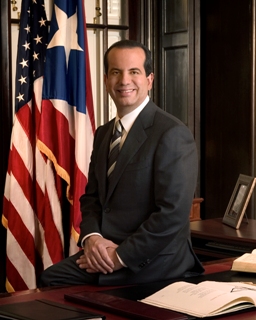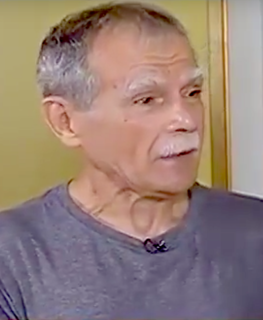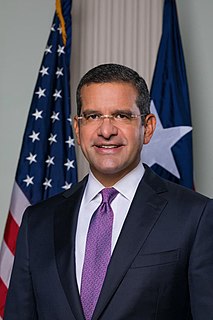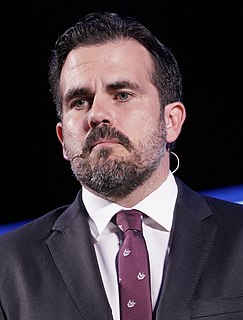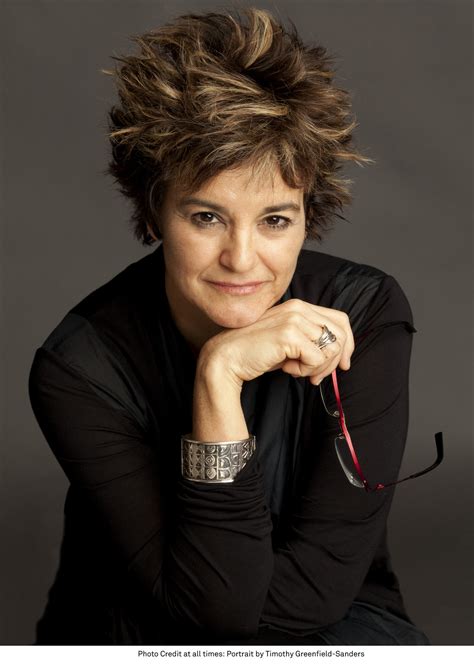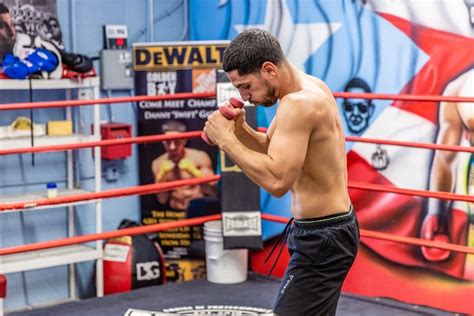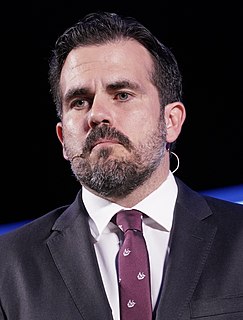A Quote by Anibal Acevedo Vila
The common goals of Puerto Rico and the United States have always been for the benefit of both.
Quote Topics
Related Quotes
I believe that the overwhelming majority of Puerto Rico wants to be Puerto Ricans. I have been in five different states in the United States, and I have found young Puerto Ricans in the states who really love Puerto Rico, who really want to do something for Puerto Rico. And for me, Puerto Rico has to be the promised land of all Puerto Ricans, whether we are in the United States or wherever we are at. But this has to be the promised land. Annexation will never be the answer.
Commonwealth is the only alternative for Puerto Rico. It is the only alternative that harmonizes the aspirations and goals of the modern world by protecting Puerto Rico's identity and simultaneously guaranteeing its relationship with the United States, complete with a common market, common citizenship, common defense, and common currency.
Puerto Ricans are U.S. citizens, but by their own choice, Puerto Rico is not a state. The relationship has worked well for Puerto Rico - which has strengthened its culture, language and economy - and for the United States, which has helped create in Puerto Rico a showcase of democracy and prosperity for all of Latin America.
The Documents Project has actively collected documentation on both island-based Puerto Rican art as well as Nuyorican art in the United States through partnerships and researchers ceded at the University of Puerto Rico's museum in San Juan and Hunter College's Center for Puerto Rican Studies in New York City, respectively.
The truth of the matter is that we are being very aggressive, so that we can lay the foundations for investors to come to Puerto Rico, for jobs to be created, and for opportunities to ensue. And our objective, again, is for Puerto Rico, for the people of Puerto Rico who want to stay here, for them to have the opportunity to stay here.
There's one last thing we need to point out. And it is a fact that Puerto Rico is a colonial territory of the United States. This puts us in a very significant disadvantage to all of the other states and to all of the other American citizens. As a matter of comparative, the U.S. citizens, the Puerto Ricans that live in the United States have much better incomes, more than twice as much, participate in the labor force of greater scales, have better results in the education system and so forth.
